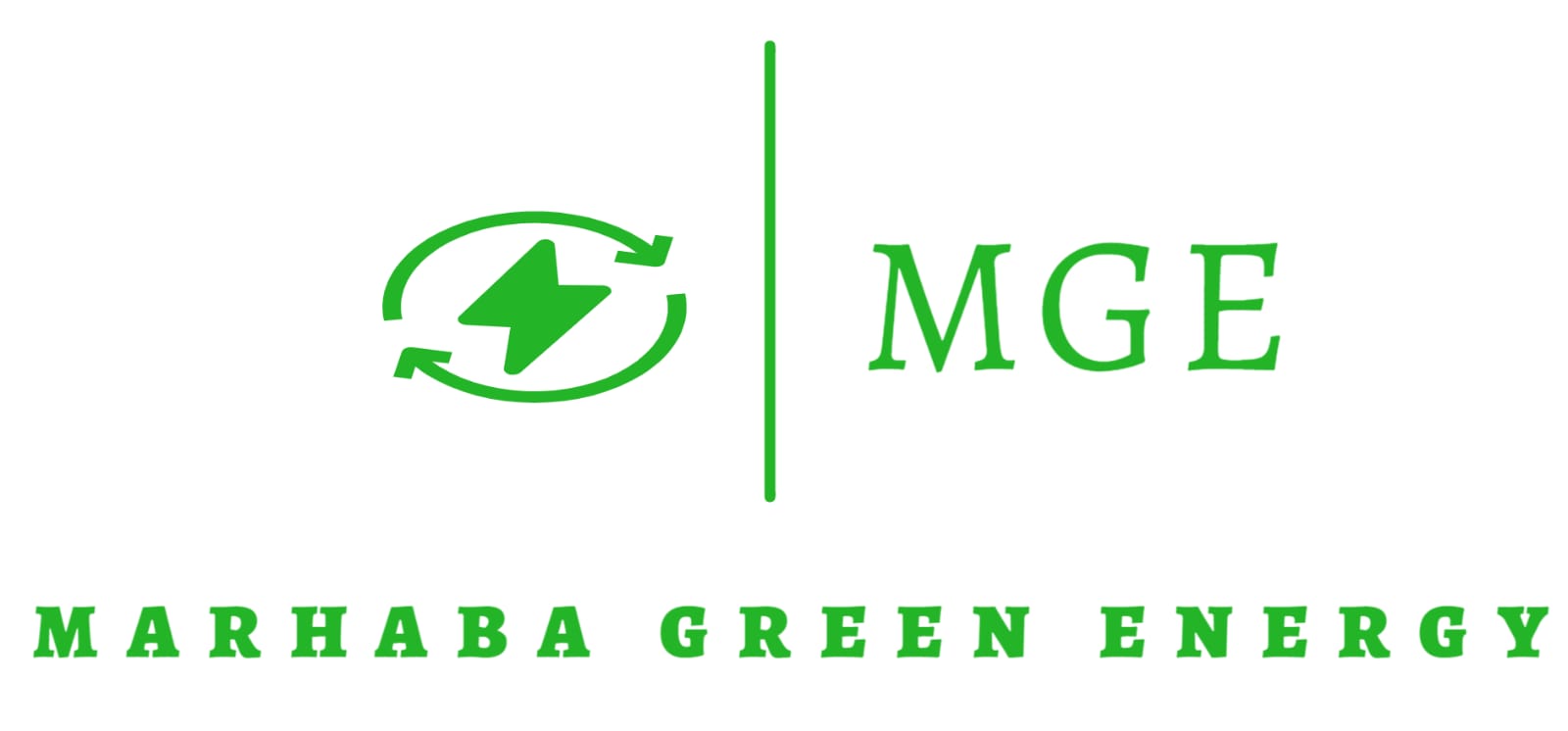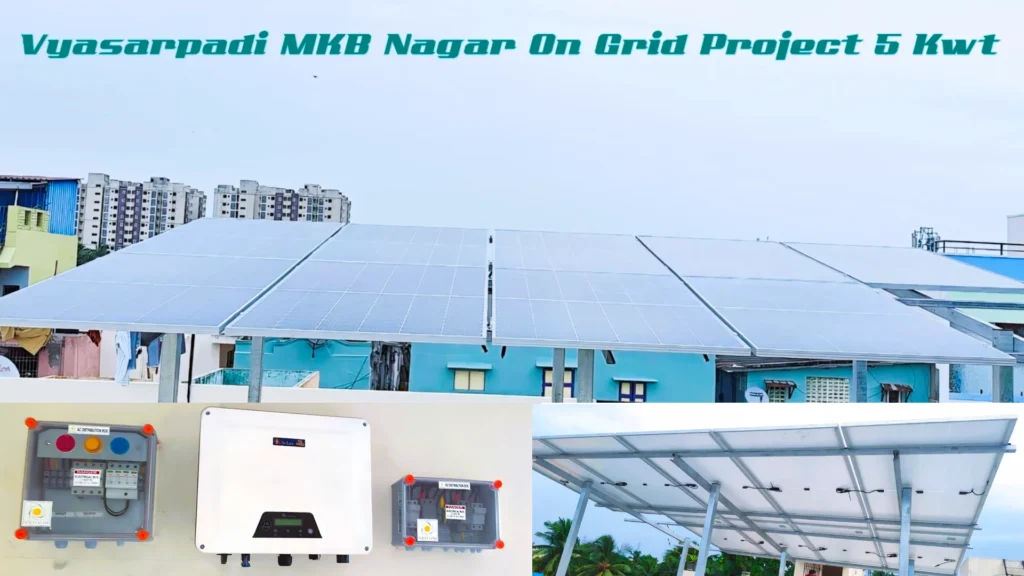In recent years, solar energy has emerged as a promising renewable energy source, offering individuals and businesses the opportunity to reduce their carbon footprint and save on energy costs. Solar panels, also known as photovoltaic (PV) panels, are at the heart of this revolution. They convert sunlight into electricity through the photovoltaic effect, making them an attractive option for both residential and commercial applications.
- What Are Solar Panels?
- Definition: Solar panels are devices that capture sunlight and convert it into electricity using semiconductor materials.
- Components: They typically consist of photovoltaic cells, a frame, a glass casing, and wiring.
- On-Grid Solar Panel Systems
- Definition: On-grid systems are connected to the electricity grid.
- Functionality: They generate electricity for immediate use and feed excess power back into the grid.
- Advantages:
- Cost Savings: Potential to earn through net metering.
- Reliability: Continuous power supply, especially in urban areas.
- Maintenance: Minimal, as utilities manage most aspects.
- Considerations:
- Grid Dependence: Power outages affect system operation.
- Regulatory Requirements: Compliance with utility and local regulations.
- Off-Grid Solar Panel Systems
- Definition: Off-grid systems are independent of the utility grid.
- Functionality: They store excess electricity in batteries for later use.
- Advantages:
- Independence: Freedom from utility bills and outages.
- Remote Access: Suitable for rural and remote locations.
- Self-Sufficiency: Environmental benefits and energy independence.
- Considerations:
- Battery Storage: Additional cost and maintenance.
- System Sizing: Proper sizing is crucial for reliability.
- Location: Sun exposure is critical for efficiency.
- Choosing Between On-Grid and Off-Grid Systems
- Factors to Consider:
- Energy Needs: Evaluate current and future energy requirements.
- Location: Assess sunlight availability and grid accessibility.
- Cost: Initial investment vs. long-term savings.
- Environmental Impact: Consider sustainability goals.
- Factors to Consider:
- Conclusion
- Summary: Solar panels offer versatile solutions for energy needs, with on-grid and off-grid systems catering to different requirements.
- Future Trends: Advancements in technology and policy support continue to enhance solar energy adoption globally.
- Decision Making: Consultation with solar experts can aid in making informed decisions based on individual circumstances.


Good Information.